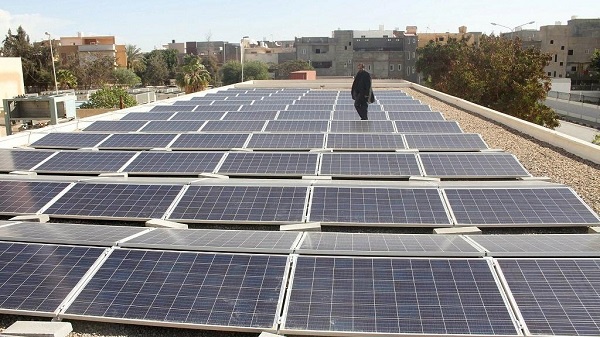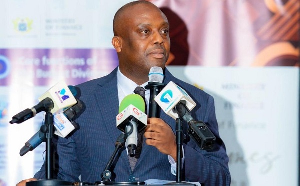Kenya, Ethiopia and Ghana are among 13 developing countries selected for a pioneering project launched last week by the United Nations Education Project (UNEP) to pinpoint some of the world's best solar and wind power sites.
Experts were convinced that the project, called the Solar and Wind Energy Survey Assessment (SWERA), would prove that the potential for deploying solar panels and wind turbines in these countries - and others - was far greater than currently supposed, the agency said in a press release.
"While the costs of renewable energies like solar and wind have been tumbling in recent years, obstacles remain to their widespread deployment, particularly in developing countries," said UNEP Executive Director Klaus Toepfer. "If we can accelerate the deployment of renewable energy, we can not only bring down the costs but also help in the fight against global warming and poverty," he added.
In many developing countries, the scarcity of energy is driving more and more people into poverty, UNEP stated. The lack of energy resources also has severe environmental consequences, since those without access to electricity are forced to fell trees for firewood and cooking fuel, accelerating impacts such as soil erosion and the loss of wildlife, it added. [for full statement, go to http://www.unep.org/]
Apart from the three African countries, the solar and wind potential surveys are to be carried out in Bangladesh, Brazil, China, Cuba, El Salvador, Guatemala, Honduras, Nepal, Nicaragua and Sri Lanka.
News of the project comes in the run-up to UNEP's Global Ministerial Environment Forum, taking place in Colombia in mid-February, where delivering cleaner energy to developing countries is expected to be high on the agenda of the world's environment ministers.
It also comes in the wake of a G8 Renewable Energy Task Force report published in August, which estimated that it might be possible to deliver renewable energy to over a billion people by 2010 if financial and other obstacles are overcome.
As a result of recent climate change talks in Germany and Morocco, developed countries were expected to be searching for sites in poorer countries where wind and solar power could be deployed, UNEP stated. Various funds and mechanisms have been agreed, which will allow industrialised nations to offset their greenhouse gases emissions at home through green and clean energy schemes in the developing world.
The SWERA project will considerably reduce uncertainties surrounding the technical details and economic returns on solar, wind and thermal energy investments in these 13 developing countries and elsewhere, said Tom Hamlin, Climate Change Task Manager in the UNEP/Global Environment Facility (GEF) coordination unit based in Nairobi, Kenya.
The GEF - a joint programme of UNEP, the United Nations Development Programme and the World Bank - is to provide almost US $7 million of the $9.3 million secured to fund a pilot, three-year phase of the project.
SWERA aims to bridge the knowledge gap so potential investors can know, with a great deal of accuracy, the locations where they can secure a good and reasonable return. Its findings will be linked with a Geographical Information System so that prospective developers can pinpoint precise and promising locations on the Internet.
General News of Tuesday, 25 December 2001
Source: .
Ghana Part of Solar and Wind Energy Survey













